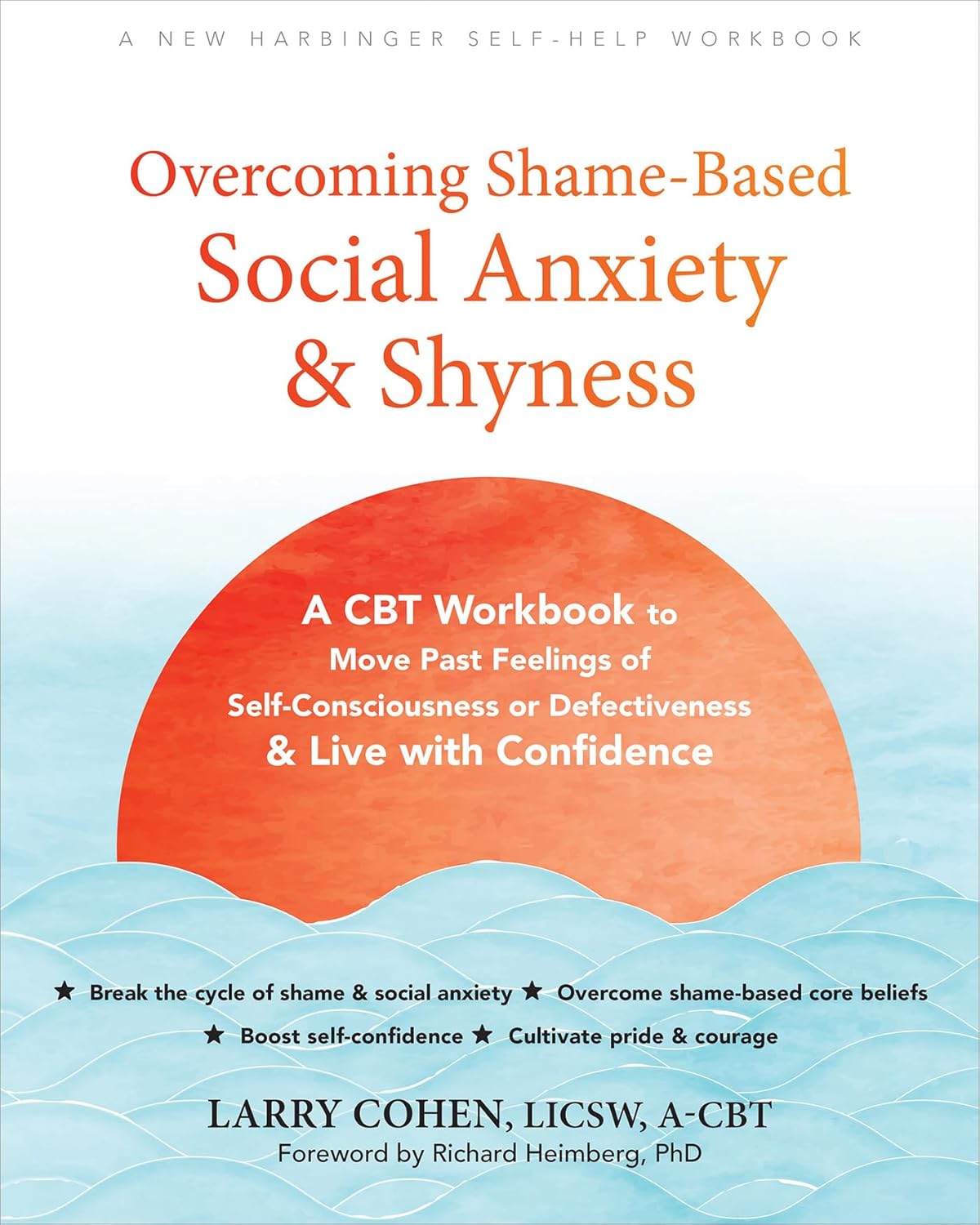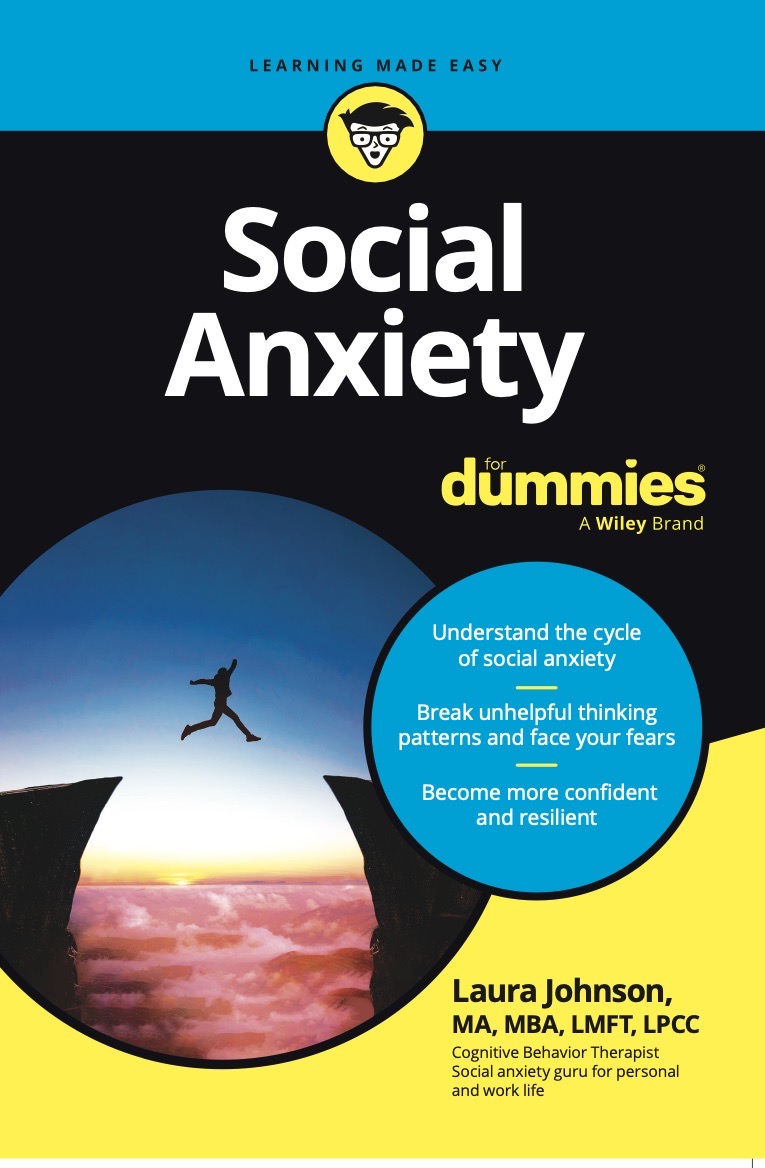Picture this. You enjoyed dinner with a friend who you haven’t seen in ages. You two shared a meal and a laugh after months of not being able to coordinate schedules. Despite having a nice time catching up, negative thoughts begin to creep in on your drive home. Before you know it, you start to doubt your performance at dinner and question whether your friend actually enjoyed your company. There’s a voice that tells you, “You shouldn’t have said that. That was so stupid,” “I bet she just laughed at your joke to be nice,” and “Maybe it was a pity invite.”
Does that voice sound familiar? That is your inner-critic talking.
What is the inner critic and what purpose does it serve?
In popular psychology, the inner critic is thought of as the part within you that voices self-critical thoughts. It’s the voice that nitpicks everything from what you do and say to how you look and act.
Although it seems plain mean and cruel, the inner critic serves many purposes. It actually comes from a well-intentioned place that’s trying to protect you from being rejected, abandoned, or complacent. For example, many people’s inner-critic manifests as perfectionism. By telling you that something is not good enough, the inner-critic tries to motivate you to strive for perfection to avoid failure and disappointment.
What is the relationship between the inner critic and social anxiety?
We all have an inner critic. However, for those with social anxiety, the voice of the inner critic is especially loud. It tries particularly hard to keep those with social anxiety from facing social rejection. Therefore, the key to beating social anxiety is developing a way to work with the inner critic while simultaneously cultivating the strength of your inner compassionate voice.

How to cultivate your compassionate voice to be as strong as your inner critic:
- Recognize it. Begin to notice what your inner critic tells you in various situations. This requires being mindful of your thoughts. Pay particular attention to the thoughts that you have before, during, and after interactions with others. What is your inner critic telling you in these moments? Get attuned to what the inner critic sounds like so that you can begin to separate out this voice from your own.
- Name it. Get in the habit of labeling the voice as soon as you recognize it. Say, “That’s my inner critic again.” This helps you catch it in its tracks and intervene before you accept what it’s telling you as truth.
- Thank it. Recognize that although it may not seem like it, the inner critic is likely coming from a well-intentioned place. It’s a part of you that’s hoping to protect you from external judgment and rejection. Thank it for trying to protect you in the best way it knows how.
- Challenge it. Once you recognize the voice and name it accordingly, it’s time to challenge it. Ask yourself, “Is what the inner critic is saying entirely true?” and “What are the effects of believing what the inner critic has to say?” The fact that we are often our own worst critics makes it nearly impossible for our assessment of our performances to be accurate and objective. With that said, likely the inner critics’ comments in that moment are not only untrue, but also harsh with a number of long-term negative implications to believing them.
- Replace it with compassion. In the same way that we all have an inner critic, we also all have a compassionate voice. However, most of us have overdeveloped inner critics and underdeveloped compassionate voices. It takes time and intention to cultivate the voice of the compassionate part so that it is one day as loud and robust as that of the inner critic. Start today by asking, “What are some other ways of viewing the situation that might be more realistic, kinder, or more helpful to me?” Then, draw a more compassionate conclusion to replace the initial self-criticism.
Written by,
Gianna LaLota, MA, MHC-LP
National Social Anxiety Center of New York City











